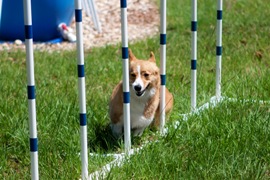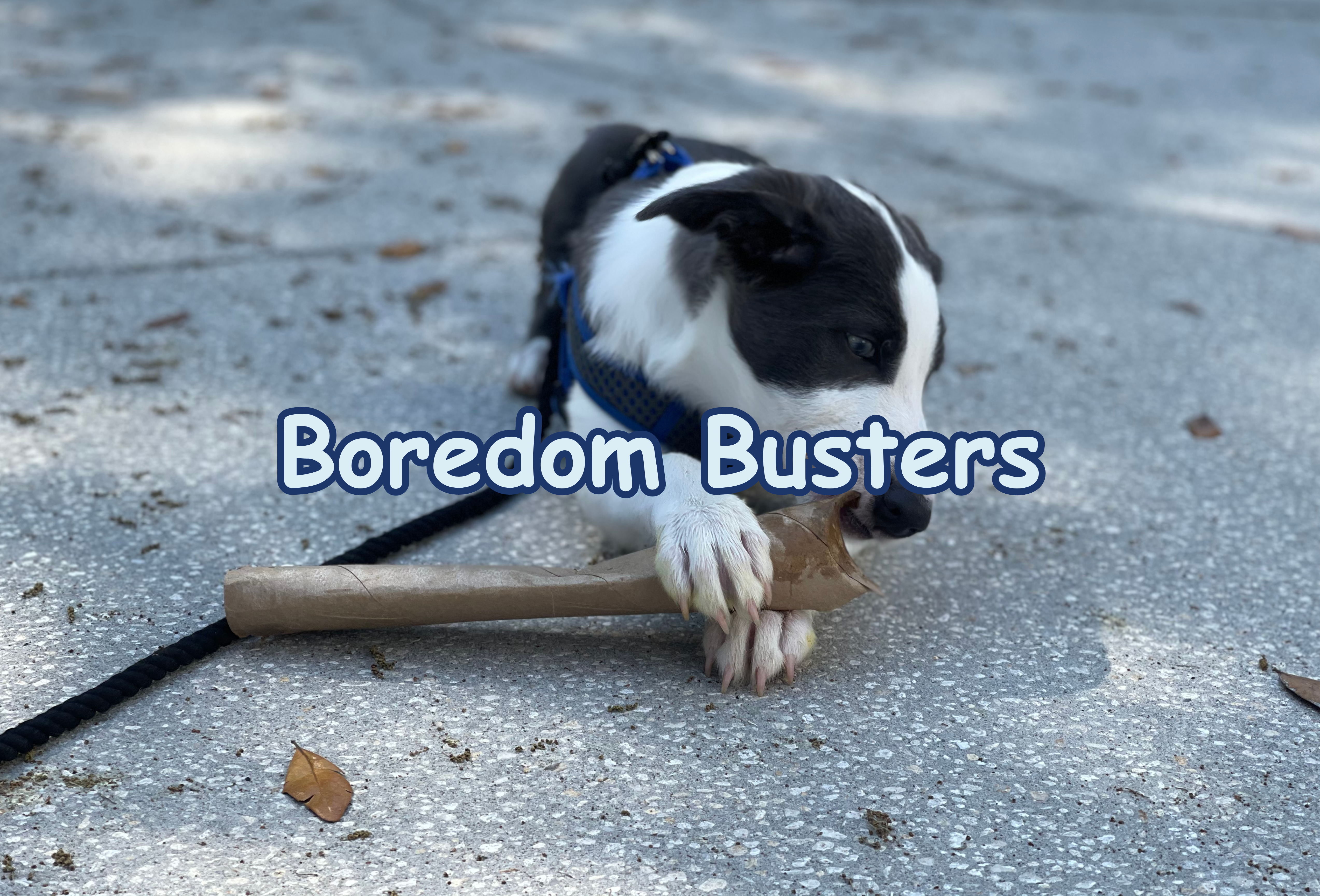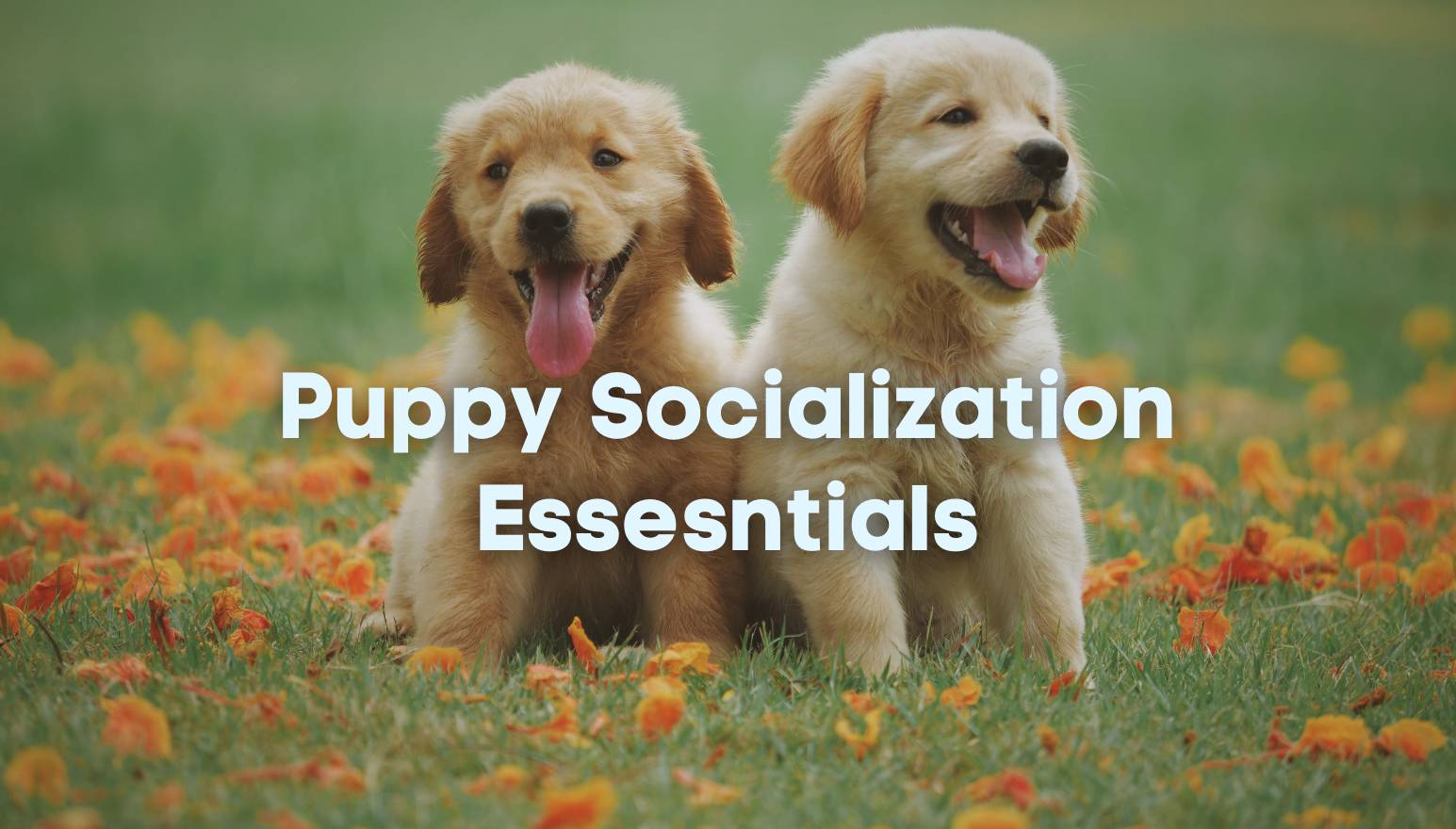
By Brenna Fender, Tampa Dog Trainer
Do you whip out your cell phone at training practice or set up your video camera when training in the yard? If you’re like me, you love to shoot a video of your agility weave pole progress, advances in nosework, or sharpened heeling to share with your doggie friends online. It’s so easy to upload a short video to your facebook or blog. In a short time, hundreds of your online friends can be viewing your recent training session.
But sharing your training via social media could have a major effect on your training itself. When you know you are being observed, you are likely to behave differently than when you are alone, even though your observers will be far away and watching your practice on a delay. Unless you plan to do a lot of editing, you know that your bad points will be on display as well as your good ones.
Whether the changes in your behavior are good or bad – or a mix of both – will depend on how you react to the pressure of being watched. It may make you much more conscious of your actions. You might be extra observant, super accurate with your clicker, and extra generous with your praise. If so, these changes are obviously good.
Alternately, recording may make you do things you wouldn’t normally do while training. You might do more reps without rewarding so you can get a long stretch of action on video without a break. You might under-praise (is your happy voice embarrassing?) or avoid rewarding the smaller aspects of behavior that really need reinforcing in your particular dog. You might get frustrated with your dog because you want more perfection than he can offer. Perhaps you will practice what you already do well in order to show off your skills rather than train your weaknesses. Maybe you’ll tend to practice what easily fits in the video frame rather than something else that needs your attention. Whether you show this video online or not, this kind of damage to your training and to your relationship can’t easily be undone. These changes are, of course, not ideal.
In addition, recording your practices with the intention to share them has the power to create, on a smaller scale, trial-like nerves in some trainers. This could be helpful for proofing purposes as well as for handler sports psychology training. Practicing while nervous can help your dog learn how to read your cues when altered by nerves. Repeated practice under stress may eventually reduce ring nerves as well. If you record your training sessions frequently and post them for the world to see, unedited, you may also reduce your competition stress. If everyone’s already seen your mistakes, you may have calmer state of mind when you walk into the competition ring!
Posting training videos online can allow others to offer training advice and suggestions, particularly if you post your concerns and questions along with the video. But who will be giving the advice? Are they experienced trainers? Do they know you and your dog? Take advice with a grain of salt and make sure you are comfortable with the suggestions given before you take them. Are they safe? Are they ethical? Do they understand the science of behavior? If all the questions are answered yes, that would be a very rare find as most dog sport enthusiasts or coaches do not pursue formal education.
When you post training videos online, you’ll probably also get lots of comments about your dog’s brilliance. Those I recommend taking as fact. You and your dog make a great team!
Happy training – and recording!
Brenna Fender is a dog sport journalist who writes for Clean Run Dog Agility Magazine, USDAA’s website and many other high profile dog publications. Courteous Canine, Inc. offers agility, disc dog, pushball, lure coursing and dock jumping instruction. Courteous Canine, Inc. is a full service dog school that offers doggie day care, pet sitting, group classes and boutique boarding!




